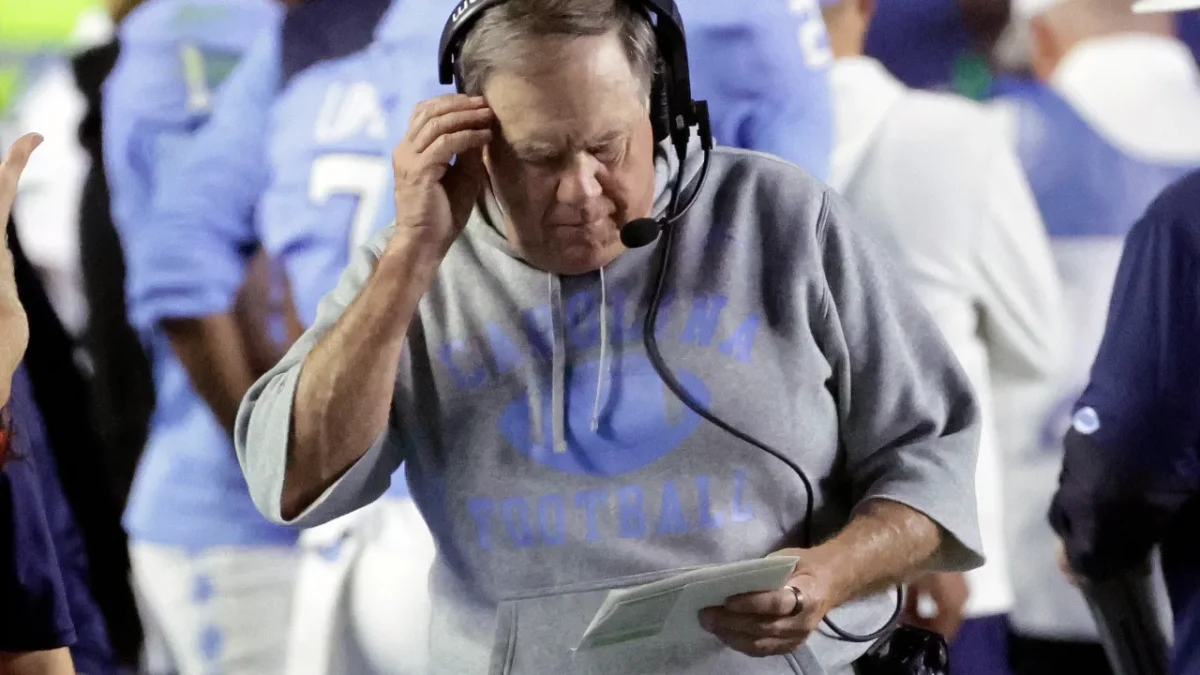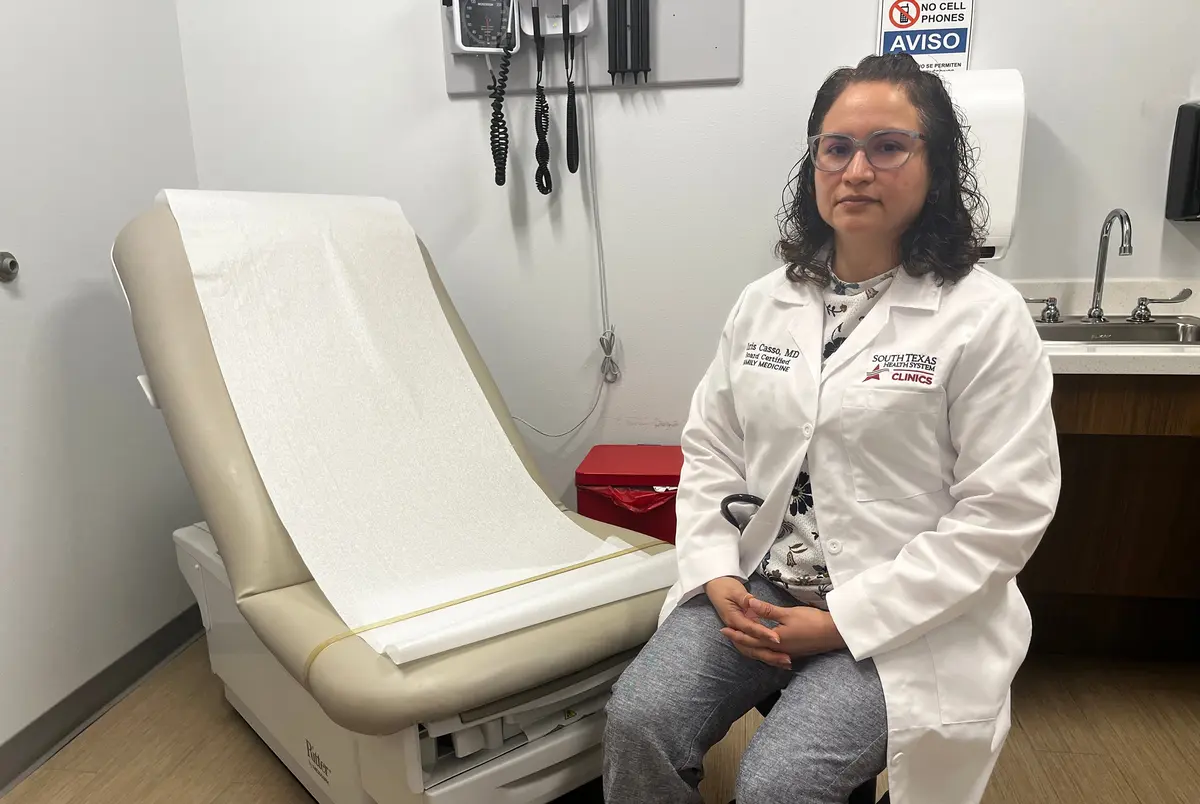Hazlewood ruling upsets a Texas tradition
February 13, 2015
U.S. District Judge Ewing Werlein Jr. ruled on Jan. 26 that the Hazlewood Act was unconstitutional toward military veterans who did not enlist in Texas. As Judge Werlein stated, “Texas may not discriminate against its more recent residents in favor of more established residents simply to control costs.”
Currently, the law is being appealed, but the ruling has sent shock waves across the state with all the possible “what if” scenarios.
The Hazlewood Act has been around for over 60 years beginning WWll. The lucrative benefit provides honorably discharged veterans, spouses, and dependent children with up to 150 hours of tuition exemption, including most fee charges, at public institutions of higher education in Texas. Books, living expenses and supplies are not included.
Past changes to the Hazlewood Act occurred in 2009 with a decision to include spouses and dependent children. In order to clarify ‘dependent child’ during the 2011 legislature session, children were defined as 25 years or younger. However, the compensation was not intended for any vet from any state. It was clearly a Texas enrollment program from the beginning. The “what if” arising from Judge Werlein’s decision changes everything.
The possible influx of out-of-state vets coming to Texas to enroll in this program could cripple state college’s budgets. The state only provides $15 million to the program and the state’s colleges pick up the remaining expense.
According to Ralph B. DeVaul, Veterans Education Coordinator for the Texas Veterans Commission, “in 2014, there were approximately 12,000 veterans and dependents enrolled in public and private non-profit colleges in greater Southeast Texas.” That is 12,000 vets in just the The Woodlands, Houston, Sugar Land, and the greater Beaumont-Port Arthur area. If the ruling stands, possible changes to control cost have been discussed by the state’s Budget Board. As reported by the Houston Chronicle, the board suggested adding a socioeconomic requirement, reducing the number of hours veterans can transfer to their children or tying hours they can pass down to the amount of time they served in the military.
All of these possible stipulation are in play because one man, Keith Harris, thought that he deserved the same benefits for something he didn’t do; enlist in the armed forces in Texas. Denying the educational benefit of Texas veterans based on the proposed stipulations is going to be a messy war.
Keith Harris, a law student at the University of Houston, is a veteran who has lived in Texas since 2004. He enlisted in 1996 in Georgia. His challenge to the court and Judge Werlein’s recent verdict makes him the only person that is using the Hazlewood Act that did not enlist in Texas.
When I contacted Celina Dugas, Program Director Veteran’s Service at UH-Central, she was not eager to discuss the effects of the ruling. Instead, she emailed this statement from the Attorney General’s Office:
“On January 26, 2015, the U.S. District Court for the Southern District of Texas ruled that the requirement that Veterans must have entered service in Texas in order to be eligible to receive the Texas Hazlewood exemption of tuition and fees at public schools (the fixed point residency requirement) was unconstitutional. The office of the Attorney General is currently reviewing the decision and may appeal the ruling. In the interim, current Hazlewood eligibility requirements remain unchanged, except for the individual specifically named in the lawsuit.”
HCC’s Veterans Affairs Department Director Dr. Sabrina Lewis would not comment.



























Jeffrey Hardin • Feb 19, 2015 at 1:15 pm
The appealate process will need to be swiftly filed to stay students from applying that are not covered. I believe the period to be 30 to 60 days depending on appealate court.